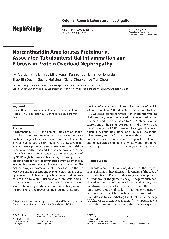摘要
Norcantharidin (NCTD), the demethylated analog of cantharidin isolated from Mylabris, is an anticancer drug routinely used against various human cancers in China. The aims of this study are to learn if NCTD has a protective action against severe proteinuria and consequent interstitial inflammation and fibrosis, and if the inhibition of nuclear factor-kappa B (NF-kappa B) and connective tissue growth factor (CTGF) by NCTD might be involved. Male Sprague-Dawley rats with protein overload nephropathy induced by intraperitoneally injected bovine serum albumin were used as a model. The histopathological examination of kidney tissue in the 9th week by light microscopy and scanning electron microscopy revealed that inflammatory cells had extensively infiltrated into the tubulointerstitial areas with interstitial fibrosis. The administration of NCTD at 0.1 mg/kg/day to the bovine-serum-albumin-injected animal models effectively reduced the proteinuria, and prevented the proteinuria-induced interstitial inflammation and fibrosis. Expressions of the NF-kappa B p65 subunit and CTGF, detected by immunohistochemistry, Western blotting and reverse-transcription polymerase chain reaction, were upregulated in protein overload nephropathy and were attenuated by NCTD. Inhibition of the expressions of the NF-kappa B p65 subunit and CTGF was one beneficial effect of NCTD. These results suggest that in addition to the antiproteinuric action of NCTD, due to its anti-inflammatory and antifibrotic effects as shown in the present study, it may become a therapeutic agent for proteinuria and its associated chronic inflammatory and fibrotic nephropathy.
- 出版日期2008
- 单位中南大学
